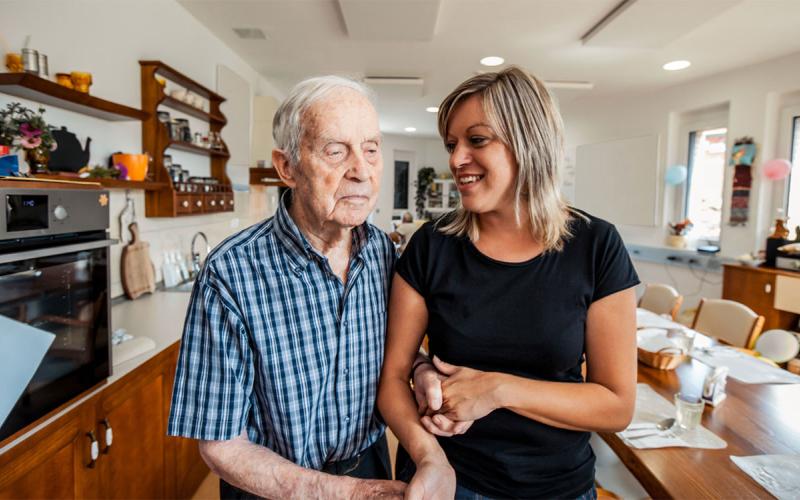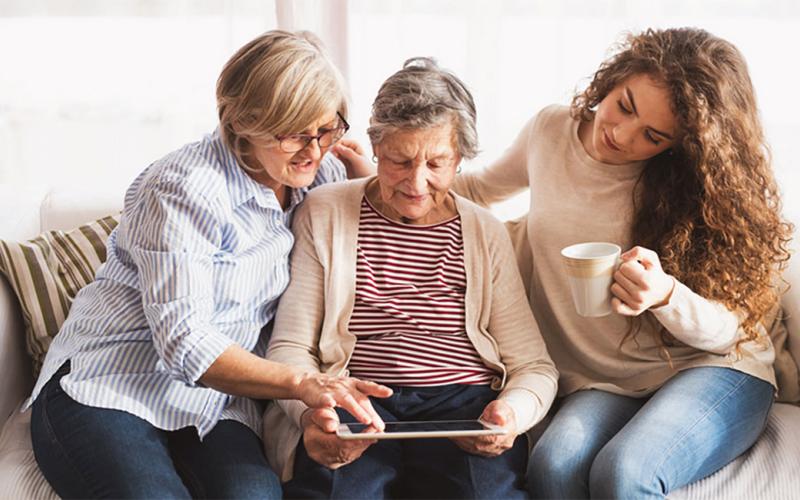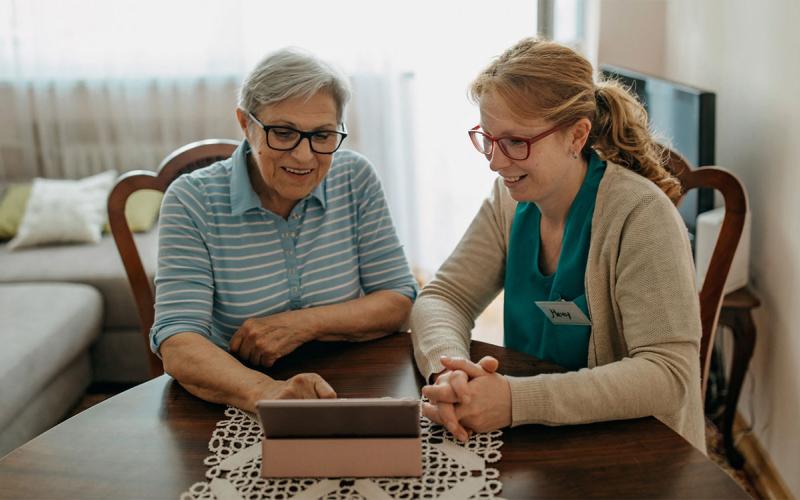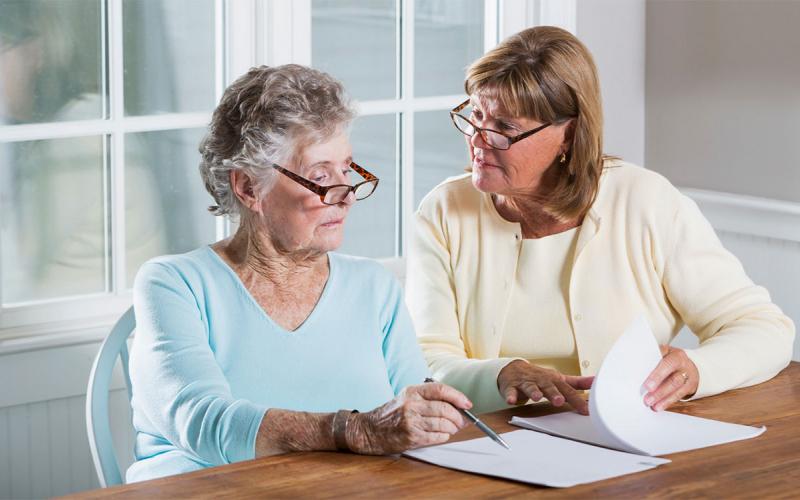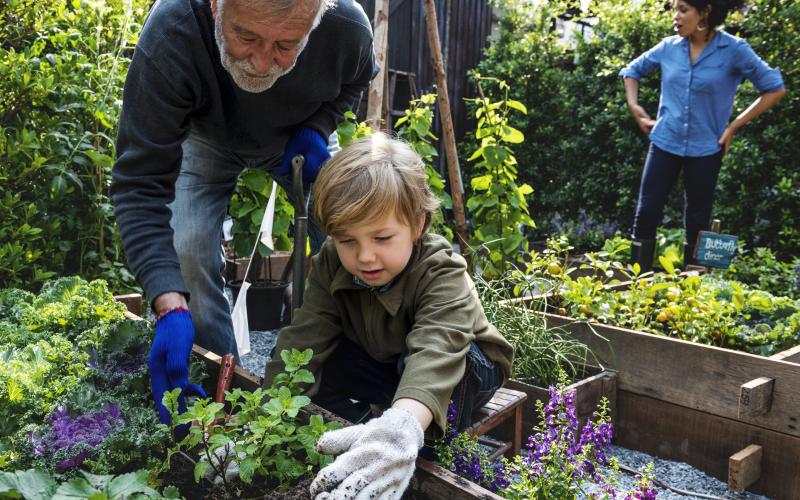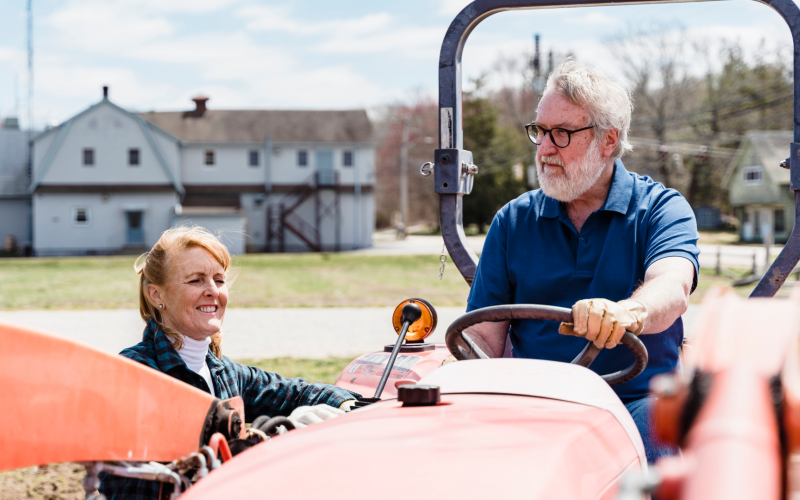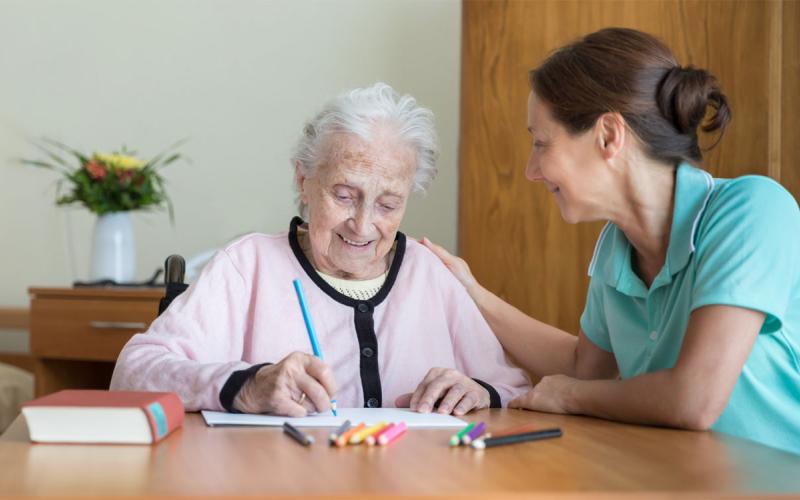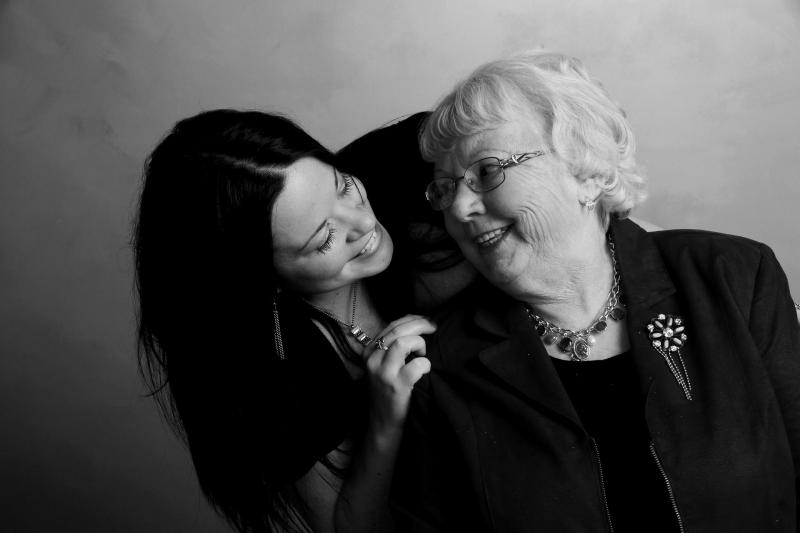
Most of us will be caregivers at some point in our lives. Caregivers are friends or relatives who help others complete routine tasks. When an older loved one needs our help, we want to ensure our loved one has the services and support they need to continue to enjoy life. SDSU Extension strives to help you find the resources needed to help you accomplish your goal.
